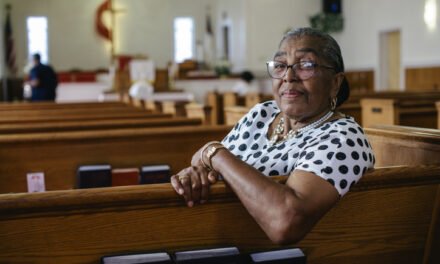A very sensitive, yet salient piece to the ongoing battle against racism and discrimination is the phenomena of oppressed people perpetuating oppressive ideals within our own communities. When having discussion around the dismantling of our current system of things, rarely do we discuss the deep impact living under such oppression has done to us on the level of how we’ve come to treat each other.
Facets of discrimination are deeply ingrained into our social system. Our cultural labeling of people as “high value” is built upon how much you make, whether society considers you attractive, or your social status within society. We are judging the value of other human beings based on criteria set by the very same system meant to oppress us. Why is this? Why are we willing participants in oppressing each other if we are of a certain weight, too dark, have features not commonly considered attractive, or are otherwise at the bottom of the “social ladder?”
Why are we willing participants in oppressing each other if we are of a certain weight, too dark, have features not commonly considered attractive, or are otherwise at the bottom of the 'social ladder?' Share on XThese are hard questions that we must discuss. It is often considered more socially acceptable to exclude one another based on our judgements about social or economic status than other identities to which we may belong. We must take a hard look at all of the ways discrimination manifests within ourselves to better understand why and how this stronghold still exists in our society.
As an example, consider what may inform our perceptions of a woman as “low value.” In my observation, it is often how far away she may be from the current ideals of what makes a woman socially attractive – often a trophy piece or means for someone else to rise up the social ranks themselves. If we do not want others judging us unfairly simply based on our ability, skin color or religious beliefs (to name a few), how can we make assumptions about or judge someone who is low income, shops at discount stores or may not fit conventional beauty standards?
Value is a product of character, which has nothing to do with your looks or social status. Social status is an illusion and product of the very system that has been oppressive to marginalized groups for hundreds of years. In the quest to clamor as far away from oppression as possible, people subconsciously seek to fit into, as much as possible, the system that was built to oppress them and will distance themselves (via negative judgements and social constructs) from those who remind them of the judgements they themselves don’t want to face.
People subconsciously seek to fit into the system that was built to oppress them, and will distance themselves (via negative judgements) from those who remind them of the judgements they themselves don’t want to face. Share on XI believe that the need to compartmentalize and judge others is a way to exercise some level of control in a system where our oppression is out of our control. It is a way to express our inner pain and insecurity. This is why the focus on healing our communities is such an integral piece to dismantling the system.
The need to compartmentalize and judge others is an exercise of control in a system where our oppression is out of our control. The focus on healing our communities is such an integral piece to dismantling the system. Share on XA system works because it has participants in it. Think about times when you may have tried to implement a new system or process in your workplace, and it didn’t work out so well. Nine times out of ten it is because of resistance – people being unwilling to participate or change their ways, for various reasons. In the same light, if we choose not to participate in our own oppression, the system will weaken, while we simultaneously strengthen ourselves. This is key to making strides in our fight against systemic discrimination.




















